Stuart Strauss remains an enigmatic figure in the world of weird fiction, with scant information available about his life. He is known for a limited body of work, including "The Shadow on The Moor" (1928), "The Soul Tube" (1928), and "The Clenched Hand" (1934). The use of a pseudonym and language suggesting potential unfamiliarity with British culture has led to the assumption that Strauss might be an American author.
"The Shadow on The Moor" is a tale that first appeared in the February 1928 issue of "Weird Tales." Its republication in the 2023 British Library anthology "Circles of Stone: Weird Tales of Pagan Sites and Ancient Rites," edited by Katy Soar, attests to the lasting intrigue and relevance of Strauss's work. The story captures a sense of foreboding in the British countryside, with standing stones taking on a malevolent presence.
Strauss's work, including "The Shadow on The Moor," reflects thematic elements akin to the cosmic horror pioneered by H.P. Lovecraft. Lovecraft's influence is discernible in the eerie atmospheres and otherworldly entities that often pervade Strauss's narratives. Additionally, Strauss, like Lovecraft, explores the theme of ancient cults in remote villages, inhabited by seemingly backward rural characters. The fusion of cosmic horror and folk-horror themes creates an unsettling and atmospheric reading experience.
The thematic exploration of ancient cults in Strauss's work aligns with Margaret Murray's witch-cult hypothesis, a theory that suggests accusations against witches in Europe were rooted in a clandestine pagan religion. Published in Murray's "The Witch-Cult in Western Europe" (1921), the hypothesis posits the existence of a pre-Christian religion centered around a horned god, symbolizing the cycle of seasons and harvests. The horned god's representation on Earth through chosen individuals, ritual sacrifices, and the preservation of this religion through secret covens are central elements of Murray's theory.
Strauss's incorporation of such themes in "The Shadow on The Moor" aligns with the broader cultural fascination with ancient rites and mysterious practices. The narrative, enveloped in cosmic horror and folk-horror, echoes the anxieties of a bygone era, reflecting the convergence of literary imagination and anthropological speculation.
Learn more about your ad choices. Visit megaphone.fm/adchoices
More Episodes
Episode 36: The Cigarette Case by Oliver Onions
 2020-02-22
2020-02-22
Episode 35: The Horla by Guy de Maupassant
 2020-02-15
2020-02-15
Episode 34: The Queen of Spades by Aleksandr Pushkin
 2020-02-08
2020-02-08
Episode 33: Dracula’s Guest by Bram Stoker
 2020-02-01
2020-02-01
Episode 32: The Yellow Sign by Robert W. Chambers
 2020-01-23
2020-01-23
Episode 31: Back Along The Old Track by Sam Hicks
 2020-01-23
2020-01-23
Episode 30: The Housekeeper by Marjorie Bowen
 2020-01-18
2020-01-18
Episode 29: On The Brighton Road by Richard Middleton
 2020-01-11
2020-01-11
Episode 28 The Corner Shop by Cynthia Asquith
 2020-01-03
2020-01-03
Episode 27: The Experiment by M R James
 2019-12-31
2019-12-31
Episode 26: A Christmas Meeting by Rosemary Timperley
 2019-12-26
2019-12-26
Episode 25: The Old Portrait by Hume Nisbet
 2019-12-25
2019-12-25
Episode 24: Smee by A M Burrage
 2019-12-24
2019-12-24
Episode 23: Between the Lights by E F Benson
 2019-12-23
2019-12-23
Episode 22: Saviourgate by Russell Kirk
 2019-12-21
2019-12-21
Episode 21 Christmas Eve on a Haunted Hulk by Frank Cowper
 2019-12-13
2019-12-13
Episode 20: The Kit-Bag by Algernon Blackwood
 2019-12-07
2019-12-07
Episode 19: The Snow by Hugh Walpole
 2019-11-30
2019-11-30
Episode 18: The Old Nurse's Story by Elizabeth Gaskell
 2019-11-23
2019-11-23
Episode 17: Behind the Stumps by Russell Kirk
 2019-11-16
2019-11-16
Create your
podcast in
minutes
- Full-featured podcast site
- Unlimited storage and bandwidth
- Comprehensive podcast stats
- Distribute to Apple Podcasts, Spotify, and more
- Make money with your podcast
It is Free
You may also like

The Psychic Elephant Radio Podcast

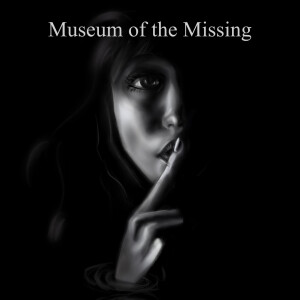
Museum of the Missing

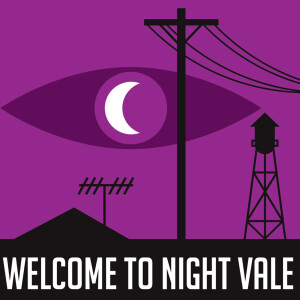
Welcome to Night Vale


The Adventures of Sherlock Holmes

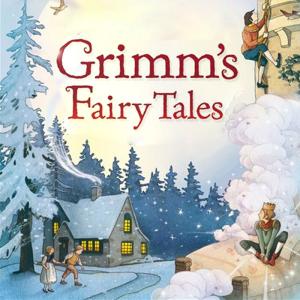
Grimms’ Fairy Tales


Six Minutes


Trap Street


- Privacy Policy
- Cookie Policy
- Terms of Use
- Consent Preferences
- Copyright © 2015-2024 Podbean.com

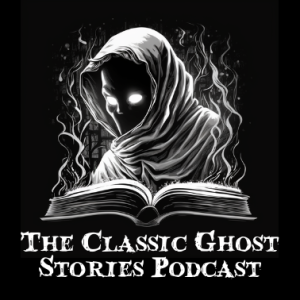
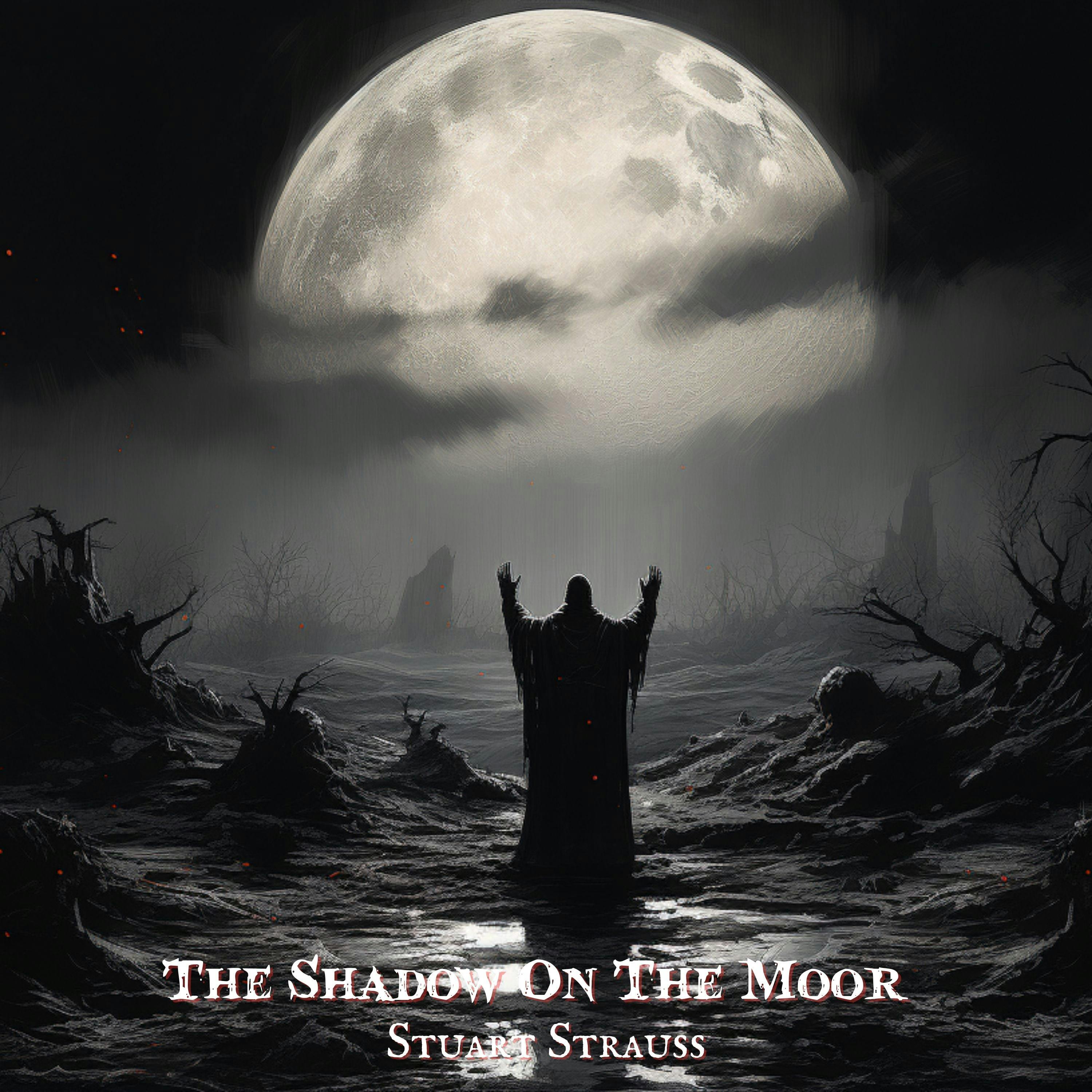

 iOS
iOS Android
Android